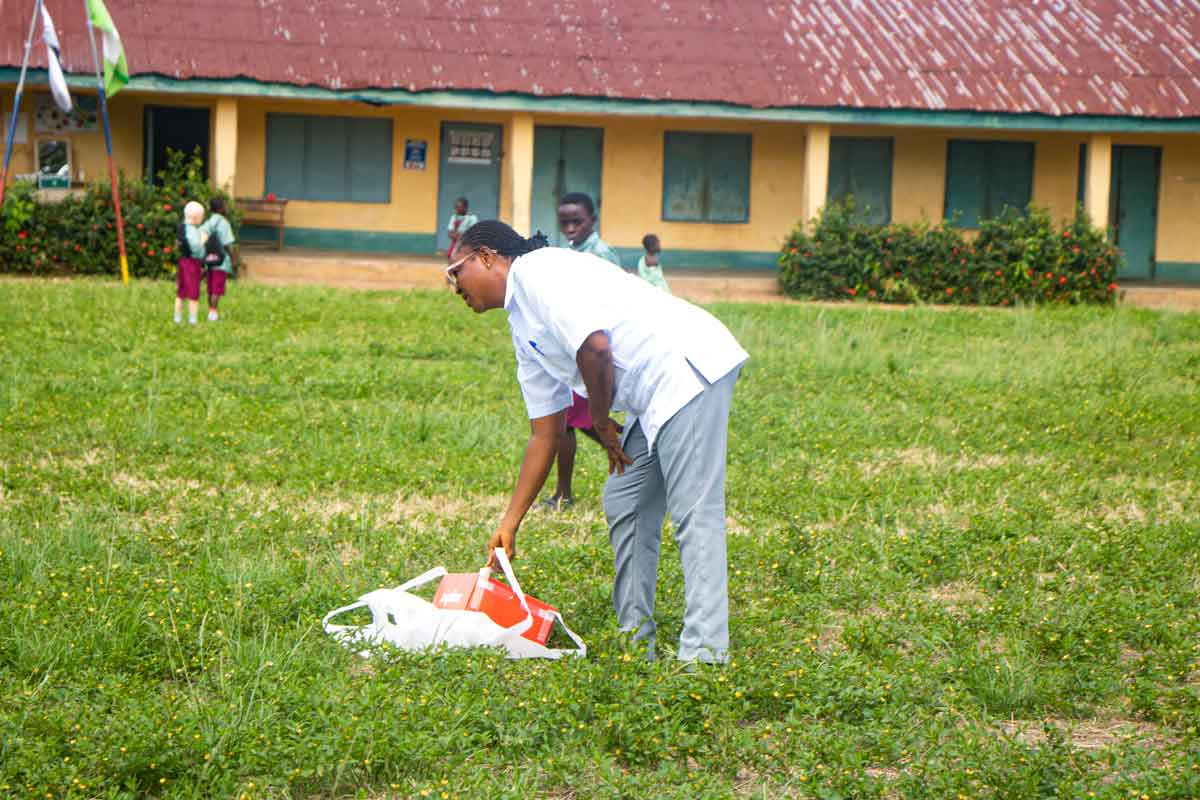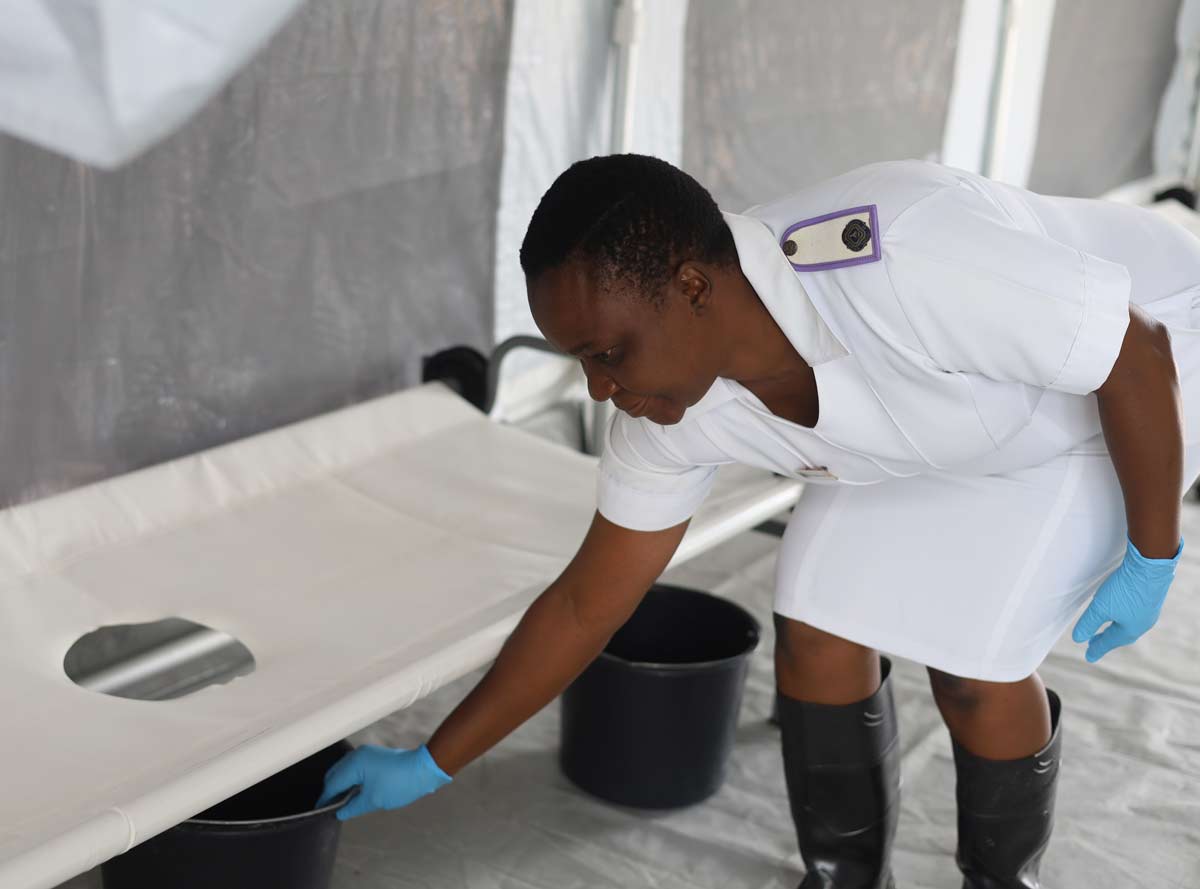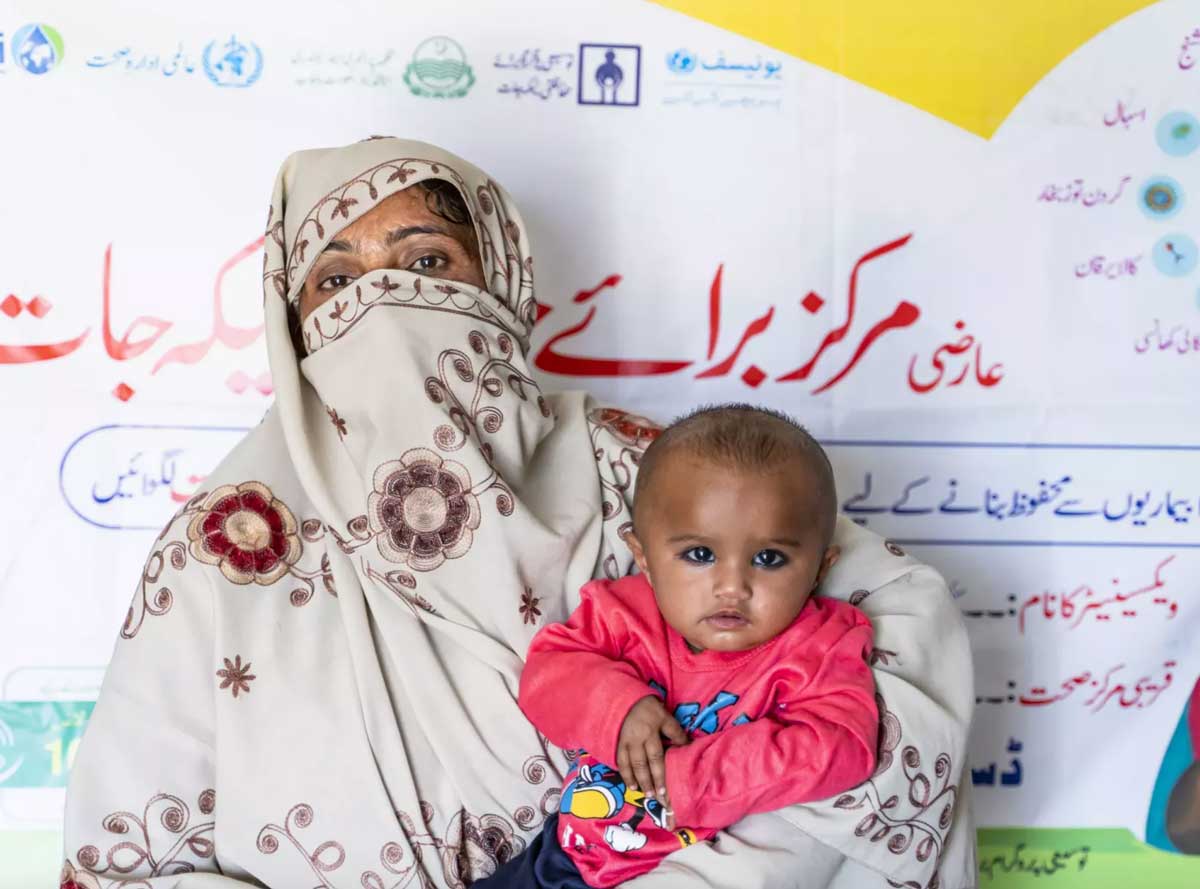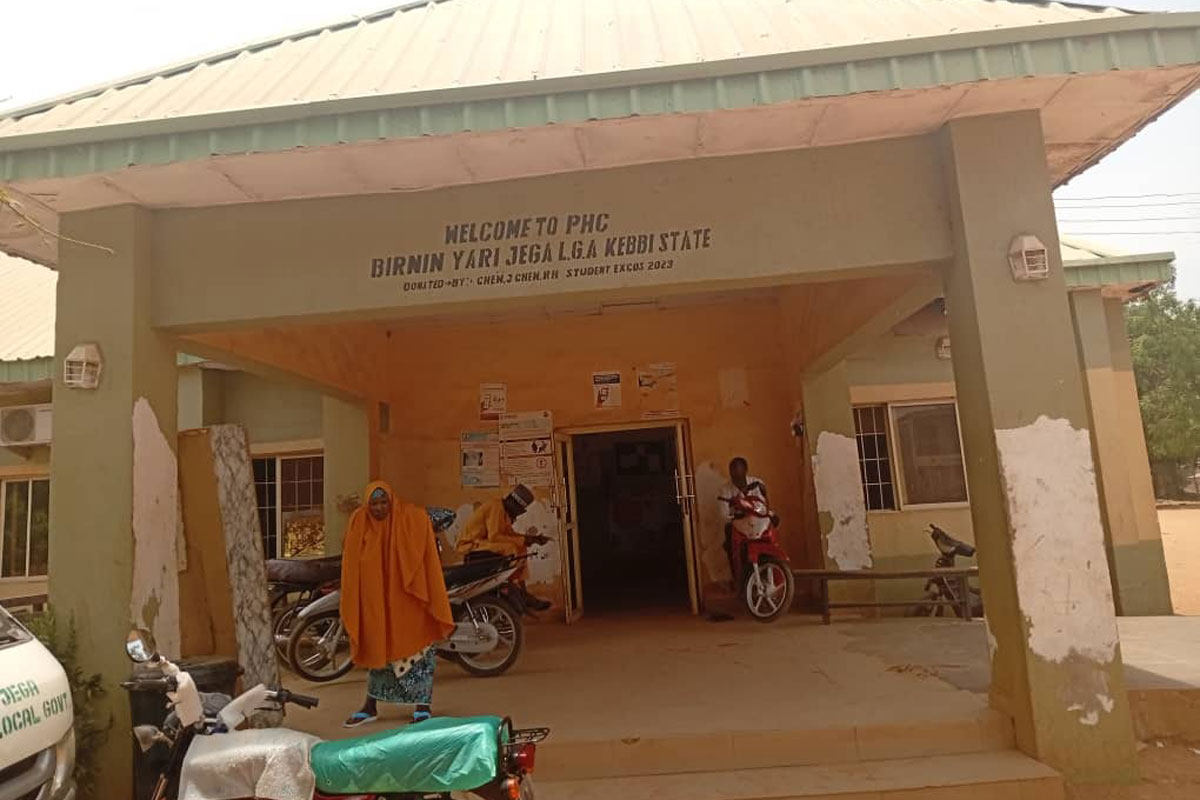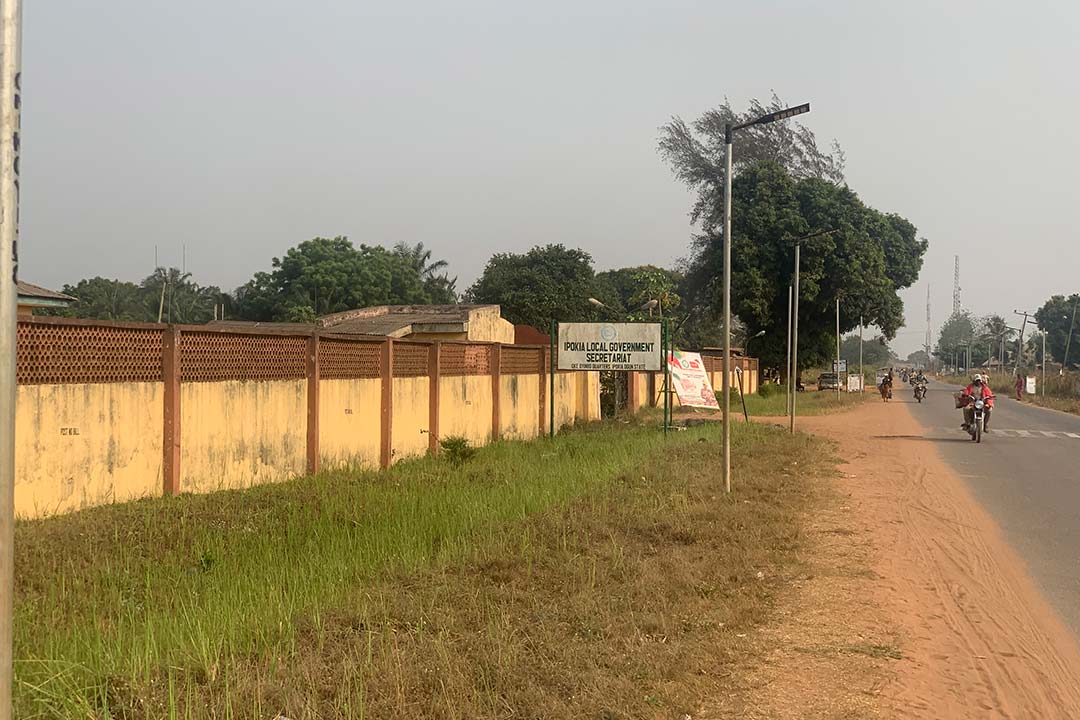Amid brain drain, can Nigeria draw back émigré health workers?
The high profile returns of some Nigerian medical specialists have sparked hopes that a sense of duty – together with opportunity in private practice – may help stem health sector exodus.
- 17 December 2024
- 10 min read
- by Jesusegun Alagbe

When Julius Oni, an associate professor of orthopaedic surgery in the United States, announced his decision to relocate to his home country, Nigeria, with his wife and two children after 25 years of living abroad, he got a myriad of predictable questions from people: "Have you lost your mind?" "Why risk everything you've built?" "Why do this?"
For someone fast rising to the top of his career in the US – he was the Director of the Joint Replacement Fellowship, the Diversity Chair for the Department of Orthopaedic Surgery and the Director of Global Orthopaedics at Johns Hopkins Hospital in Baltimore, Maryland – relocating to a less developed economy, with all of its attendant challenges, and at a time when many Nigerian professionals were leaving for foreign countries, seemed puzzling to many people. But not for Oni, who describes himself as a man full of conviction.
"Let me tell you a secret: most Nigerian professionals abroad don’t want to stay there, it’s just because of the lack of incentives that are lacking at home."
– Professor Akin Abayomi, the Commissioner for Health in Lagos State
His conviction drew from the tragic story of his paternal grandmother, who suffered from severe knee arthritis, but could not have access to care in Nigeria. This event inspired Oni to specialise in orthopaedics in the first place, with the hope that someday after medical school, he could care for his grandmother. But that did not happen.
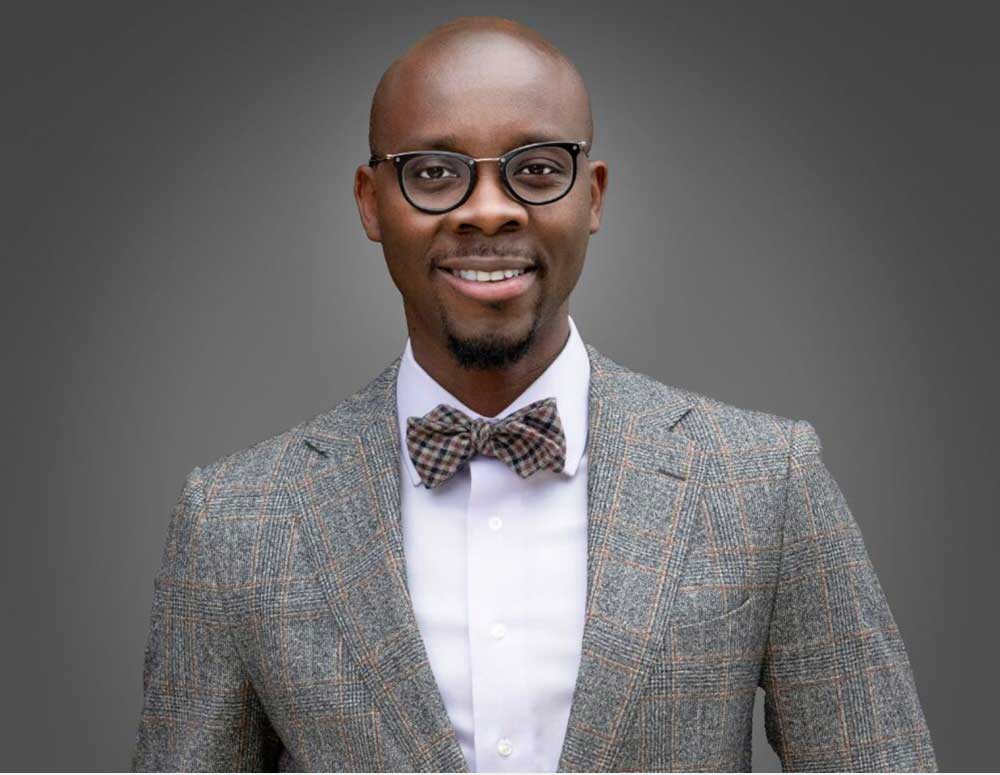
Credit: @doctorjko _ Instagram
"Unfortunately, she died during my orthopaedics surgery training and I never really got a chance to take care of her. However, in the last 11 years of practice, I've dedicated my career to taking care of other people's grandmothers, grandpas, uncles, aunts, fathers and mothers. I believe that at this juncture in my career, it is time to dedicate a significant time to serving Nigerian patients. I realise that the road ahead may be difficult, but I do believe this is a worthwhile effort. The Nigerian patients deserve it," Oni, 41, shared in a heartfelt video posted to his Instagram account in May.
To pursue this newfound purpose, Oni relinquished his positions at Johns Hopkins, sold his home and cars, packed his bags, and finally relocated in July.
Home again
Upon returning to Nigeria, Oni started DOC Medical Nigeria, a specialist orthopaedic and musculoskeletal clinic. He shared that the organisation is part of his effort to provide access to care so that Nigerians do not have to travel abroad to access high-quality orthopaedic surgical care.
Since starting the journey, Oni said patients have not only been coming from within Nigeria to access orthopaedic care, but also from neighbouring countries like Ghana and distant countries like the United Kingdom.
Aside from providing care to patients, Oni said another of his missions is to train the next generation of joint replacement surgeons who will serve the Nigerian population. "Real success is measured by the lives you transform, the impact you create, and the courage you show. I chose to return because Nigerian patients deserve world-class care, patients in underserved countries throughout the world deserve it, my grandmother's story deserves a different turn for others, and purpose outweighs comfort," Oni shared.
Spiralling brain drain
Oni is one of several Nigerian health professionals to relocate home recently after many years of practising abroad.
Their return, however, is something of a counter-current: many Nigerian professionals, particularly in the medical field, have been leaving the country in droves in search of greener pastures abroad, with approximately half of licensed Nigerian medical doctors practising outside the country. Europe, the US and the Gulf states are among the preferred destinations.

Credit: @ProfAkinAbayomi _ X
The upshot is a serious shortage. Professor Akin Abayomi, the Commissioner for Health in Lagos State, told VaccinesWork that his state alone, which is the largest in the country with an estimated population of 22 million residents, currently has a shortfall of 30,000 medical doctors.
For the past three years, the state has not been able to employ medical doctors because nobody applied for jobs, Abayomi said. He said six years ago, whenever medical jobs were advertised, applicants were jostling for limited positions.
And in March, Professor Muhammad Ali Pate, Nigeria's Coordinating Minister of Health and Social Welfare, disclosed that in the past five years, the country has lost around 16,000 medical doctors to other countries, most especially the US and the UK. In a report by local newspaper Punch, Pate said there are now only 55,000 medical doctors remaining in the system to attend to a population of over 200 million.
The exodus is not limited to medical doctors. In May 2023, the President of the National Association of Nigeria Nurses and Midwives (NANNM), Michael Nnachi, said over 75,000 nurses and midwives had left the country. Nursing and Midwifery Council of Nigeria registrar Faruk Abubakar stated that over 15,000 nurses left in 2023 alone.
The momentum does not seem to be slowing. A 2022 poll by the think tank Africa Polling Institute indicated that 69% of Nigerians aged 18–35 desired to relocate abroad if given the opportunity. In 2019, that figure was 39%.
In December 2023, a federal lawmaker, Dr Amos Mogaji, raised the alarm that many hospitals had reduced the number of their outpatients and surgeries due to a shortage of labour. As of that time, he said five wards with about 150 beds had been closed down at the Lagos University Teaching Hospital due to a shortage of health workers.
Professor Emem Bassey, the chairman of the Committee of Chief Medical Directors of Federal Tertiary Hospitals, confirmed the development and added that even African countries such as the Gambia and Sierra Leone were poaching Nigerian doctors and other medical specialists like nurses, laboratory scientists, physiotherapists and radiographers, and paying them higher wages than they were offered in Nigeria. Plus, many of the countries offer better incentives and more inspiring work environments.
Surprising return
The return of some Nigerian health professionals to their home countries has sparked new hope that specialist medical care can successfully be brought home.
Since his return to Nigeria, Oni has attended to many cases of patients whose only option previously would have been to seek care abroad. He says he has also offered free medical care to the underprivileged.
One of his Nigerian patients, who requested anonymity, said they had planned travelling abroad for hip replacement surgery only to come across his story on social media.
"I immediately cancelled my plans for overseas treatment when I read about Oni's experience. To my expectation, his team did a great job doing the surgery and I'm undergoing physiotherapy now. I have always maintained that Nigerian health professionals are great at what they do, but it's the poor system here that makes people like me prefer to travel abroad for medical treatment. However, the service I got at Oni's facility was exceptional. If there were more specialist doctors like him in every nook and cranny of Nigeria, I don't think anyone would want to spend their hard-earned money seeking medical care in foreign land," the patient told VaccinesWork.
Oni is not just advocating for improved orthopaedic care in the country, but he is also inspiring some health professionals to give back to their motherland. His posts on social media elicit heartwarming responses from both Nigerian and foreign peers, some commenting how inspired they have been to take a similar step.

Credit: @funmiadewara _ Instagram
Like Oni, Funmi Adewara is a medical doctor who relocated to Nigeria a few years ago after 15 years of working for the National Health Service (NHS) of the UK. Today, she is the founder and chief executive officer of Mobihealth International, an integrated telehealth start-up that leverages technology, the diaspora and local doctors to deliver telemedicine and digital health services through secure electronic medical record and video software.
Adewara told the Africa Renewal that she is "rewriting the narrative" of healthcare in underserved communities, as she had led a multi-disciplinary team to design a comprehensive telehealth programme to help address such challenges as long-distance travel for treatment and the shortage of doctors, nurses and other healthcare professionals.
With partnerships with over 200 hospitals, laboratories and pharmacies, Mobihealth has earned global recognition, including the Forbes Woman Africa Award in 2023, a US$ 1 million grant from the US Trade and Development Agency in 2022, and a World Bank award in 2020.
The brain gain strategy
The Nigerian government is keenly aware of the consequences of the mass exodus of its health workers.
A 2022 bill that proposed to compel doctors to practise in Nigeria for five years after qualification has drawn criticism from health workers and analysts for failing to address the roots of the problem.
Have you read?
In August this year, the government took a different tack, launching the National Policy on Health Workforce Migration to address the issue, and help bring back those who have fled the country.
"Recognising the importance of work-life balance, the policy includes provisions for routine health checks, mental well-being support, and reasonable working hours, especially for younger doctors. These measures aim to create a supportive work environment, reducing burnout and enhancing job satisfaction," Pate, the health minister, said.
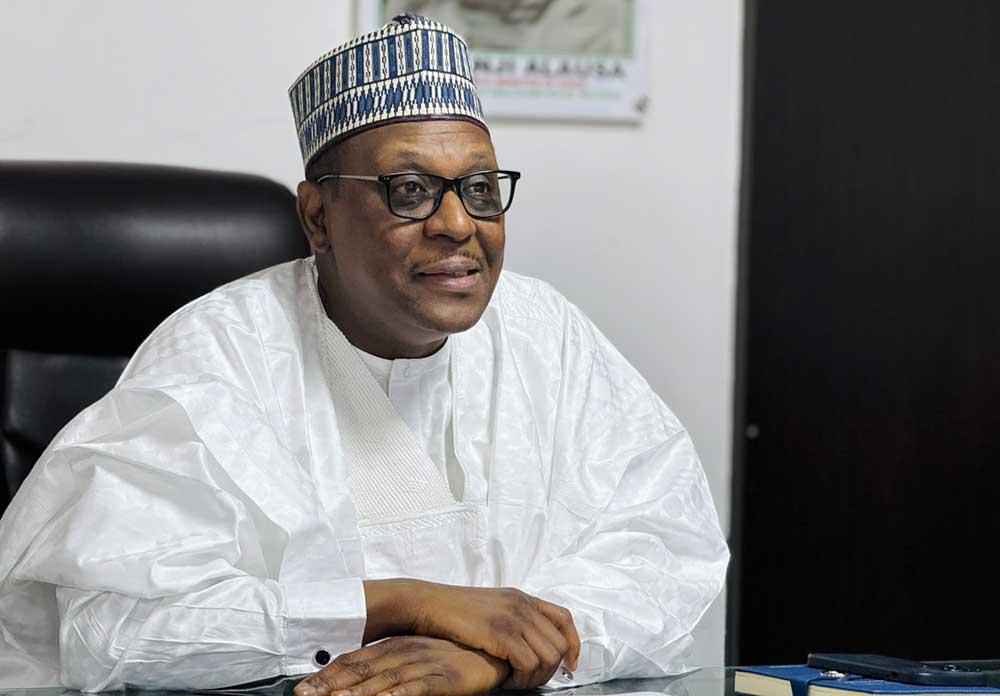
Credit: @muhammadpate _ X
Likewise, Abayomi, the Lagos health commissioner, said preventing health workers who wish to travel abroad and bringing back those who had exited would save the country from big trouble.
"To deter people from leaving, we have to make their lives more amenable to their comfort level and their professional disposition in Nigeria. There must be improvements in their environment and remuneration packages, diversity of practices, pay conditions, general welfare, and respect in the community. All these things will deter people from leaving.
"But at the same time, we are trying to attract those who have left to come back. What we are doing is to set up systems such that whatever they are accustomed to doing abroad, we have similar facilities in Nigeria, both in the public and private sectors," he said.
Abayomi also said it would be impossible for the government to do everything, hence the need to involve the private sector.
"We are very cognisant of the fact that the people who are going to drive the brain gain strategy is the private sector. So we need to work with the private sector to stimulate the health sector environment and make it more lucrative. Private investors need to see the health sector as an investable business opportunity. If we can attract more funds into health, more multi-equipped facilities will be set up and our colleagues in the diaspora will finally see an environment where they can come back to do what they are doing abroad. Let me tell you a secret: most Nigerian professionals abroad don't want to stay there, it's just because of the lack of incentives that are lacking at home," he said.
If the private sector takes a larger role in healthcare, will that herald higher fees and the exclusion of poorer people? Trust the government to fix that, Abayomi says.
"On affordability, leave that to the government to sort out. But at the same time, many Nigerians travel to places like India, Dubai and the United Kingdom to seek medical care. Are they not paying for the services in those countries? They will buy flight tickets, travel with their families, book hotels, and so on. So if we can do what they are seeking elsewhere here, some people are prepared to access the services at whatever prices here. Then, the government will look after people who can't afford quality medical care. That's our job as public protectors."
Retention of doctors is one concern. Production is another. Lagos State, Abayomi says – and the entire country – don't produce enough medical professionals. "So right now, we have started establishing a standalone University of Medicine and Health Sciences, which will take off this year. Every year, the state government will increase the number of medical student intake by severalfold. We will be producing many graduates per year so that even if some leave the country, there will always be enough in the system," he said.
More from Jesusegun Alagbe
Recommended for you



